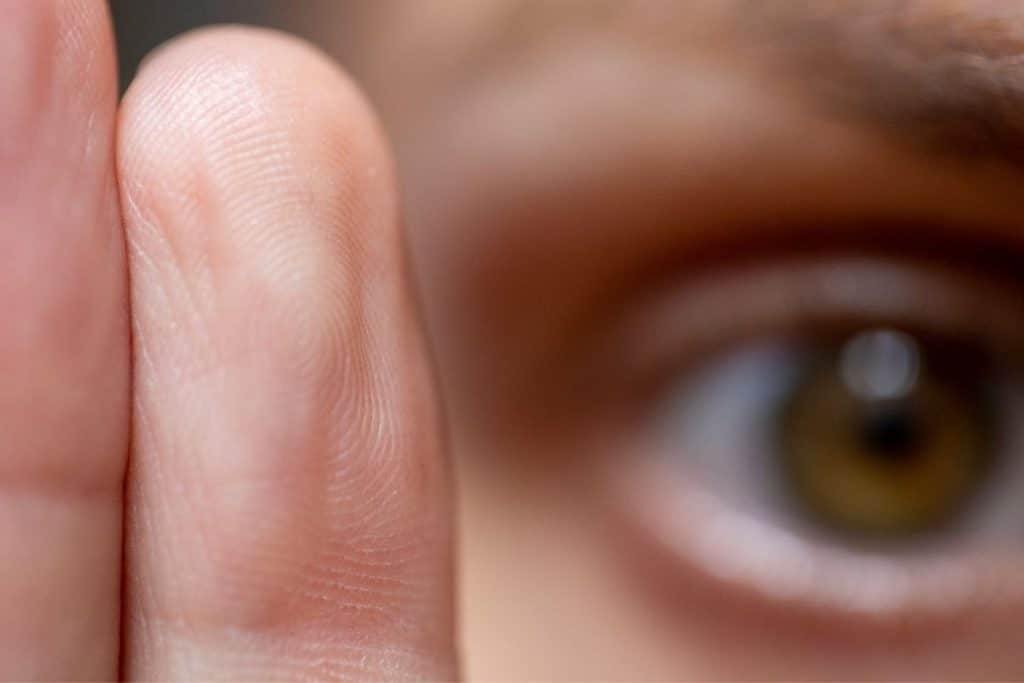EMDR (Eye Movement Desensitization & Reprocessing) is a form of therapy that has been effective in treating individuals with Post-Traumatic Stress Disorder (PTSD), Complex PTSD (CPTSD), anxiety, depression, and other trauma-related disorders. It is a powerful tool to help process traumatic memories, reduce or eliminate the distress associated with these memories, and to restore an individual’s sense of safety and wellbeing.
EMDR Treatment Enables Real Progress
If you have been searching online for information about treatment for Post-Traumatic Stress Disorder (PTSD) or Complex PTSD therapies, then there’s a great chance you will have come across many mentions of EMDR treatment. There’s a good reason for that. EMDR was specifically developed to help people with PTSD
There are many benefits to EMDR treatment. Here are just six:
1. Enhanced Connections
EMDR has been shown to improve the connection between the left and right sides of the brain – EMDR can improve communication between parts of the brain associated with negative emotions and parts involved in positive emotions. This helps individuals understand how to regulate their emotions and cope with stress.
2. Improved Insight
EMDR helps individuals gain a better understanding of the origin of their distress, which can lead to meaningful insights into why they are feeling certain emotions and behaviors. This can be especially helpful for people undergoing intensive psychotherapy along with the EMDR treatment.
3. Increased Resilience
EMDR treatment encourages individuals to focus on their strengths and capabilities, allowing them to develop more effective coping strategies for dealing with stress and trauma-related issues. That can prove especially invaluable to people who may feel lower esteem or more emotionally fragile as a result of traumatic experiences.
4. Quicker Results
One of the things EMDR is best known for is producing noticeable results for people with PTSD in weeks rather than the months and even years that psychotherapy can sometimes seem to take. EMDR has been shown to have the quickest results in treating PTSD compared to other forms of therapy such as Cognitive Behavioral Therapy (CBT). This is because it directly addresses the underlying cause of PTSD that may be difficult to get at through CBT. While there are no “shortcuts” per se in mental health, anyone who is suffering surely wants at least some relief as soon as they can get it and EMDR is usually very good at delivering that.
5. Improved Self-Esteem
Low self-esteem is a common complaint among people with a wide range of mental health disorders, including people living with Post-Traumatic Stress Disorder. EMDR therapy helps individuals to identify and change negative beliefs about themselves that may be contributing to their distress and low self-esteem.
6. Reduced Anxiety and Depression
While its primary use is generally centered around PTSD, CPTSD and other trauma-related conditions, EMDR has also been shown to reduce symptoms of both anxiety and depression, allowing individuals to experience more positive emotions such as joy and peace. EMDR can sometimes lead to breakthroughs for people with depression or anxiety that haven’t responded well to other therapeutic measures.
Residential or Inpatient Treatment is the Best Place for EMDR Treatment
Inpatient treatment programs, like Swift River, are known to be the ideal environment for EMDR treatment because they provide comprehensive care in a safe, nurturing environment where individuals can focus solely on healing without distractions from their daily lives. Inpatient rehabs also offer an array of therapeutic tools, including one-on-one counseling sessions with qualified clinicians, group therapy sessions led by experienced therapists, and holistic healing techniques such as yoga and meditation.
These features help create an atmosphere of recovery, allowing individuals to process their trauma-related issues more deeply and efficiently with the support of trained professionals. Ultimately, inpatient rehab is the best place for EMDR treatment because it combines all the elements necessary to provide individuals with a comprehensive, effective way to heal from PTSD, CPTSD, anxiety, depression and other forms of psychological distress.
The Power of EMDR Treatment and Therapy
EMDR can be a powerful tool in helping individuals regain control of their lives after experiencing trauma or severe stress. To get the most out of this form of therapy, it is important to find a qualified clinician who has extensive experience treating these conditions. Additionally, for individuals who are struggling with more complex psychological issues, inpatient rehab can provide a safe and supportive environment to explore their trauma-related issues in greater depth. With the right therapeutic approach and setting, EMDR can have tremendous benefits for treating PTSD, CPTSD, anxiety, depression and other forms of psychological distress.
Mental Health Treatment and EMDR
EMDR therapy is shown to be one of the most effective, evidence-based treatments available and is particularly effective for people living with PTSD, CPTSD or other trauma-related conditions. It can also help dual diagnosis clients who have a substance use disorder which co-occurs with a mental health disorder, like PTSD. If you’re interested in EMDR therapy or mental health treatment, give Swift River a call to find out how we can help. You can reach us at: 413-570-9698












